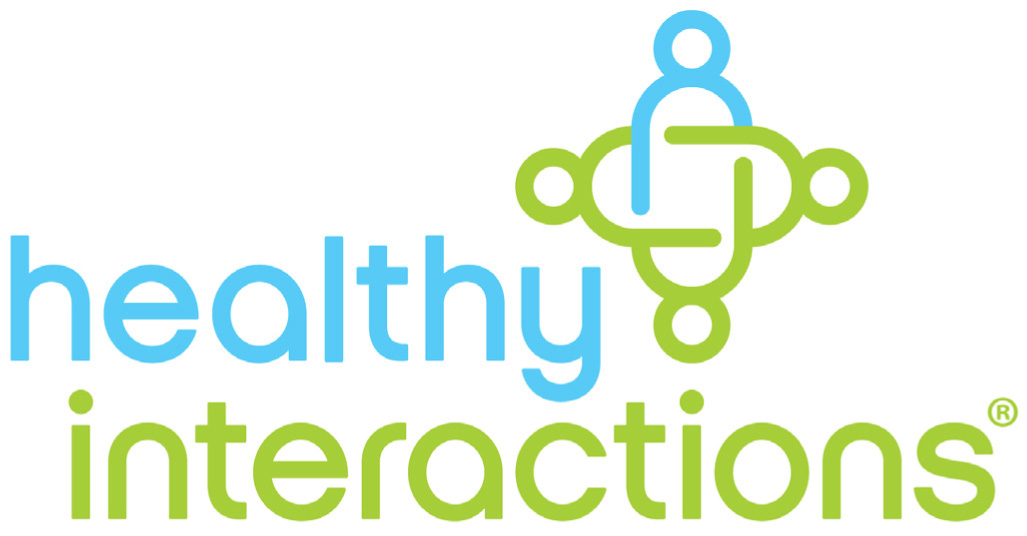Conversation Map Helps People Managing Diabetes during Ramadan
June 2, 2014
June 2, 2014 Ramadan is the holy month for more than one billion Muslims. During this month, Muslims are obliged to abstain from eating, drinking, taking oral medication, and smoking from before dawn until after sunset.
The effects of aging, urbanisation, low physical inactivity levels, and poor diets are making type 2 diabetes common in Muslim communities.
Based on a worldwide diabetes prevalence of 8.3 per cent, it is estimated that more than 50 million diabetic Muslims fast for a month each year.
Although the Qur'an exempts people with a medical condition from fasting, many Muslims with diabetes might not see themselves as sick and are still keen to fast.
This needlessly places them at risk of the damaging effects of hypoglycaemia (low blood sugar), hyperglycaemia (high blood sugar) and dehydration.
Diabetes is a life-threatening condition that can lead to kidney damage, poor blood circulation and nerve damage. It is the leading cause of blindness and damage to the blood vessels that can increase the risk of suffering a stroke or heart attack.
To address this growing concern, representatives from the ministries of health and diabetes experts from across sub-Saharan Africa are launching a new tool to help diabetics manage their condition safely during Ramadan.
The Managing Diabetes During Ramadan Conversation Map educates users on the impact of fasting on blood sugar levels and how a diabetes management plan can lower the risk of complications.
Created by Healthy Interactions in collaboration with the International Diabetes Federation (IDF) and sponsored by Lilly Diabetes, the Managing Diabetes During Ramadan Map is the latest in a range of Conversation Map tools.
According to the IDF, the number of people with diabetes in Africa is expected to double by 2035. Ominously for Africa, more than three quarters of deaths from diabetes complications in 2013 occurred in people under 60.
"Over 600,000 people died of diabetes complications in Africa last year," said Dr David Chaney, senior education specialist at IDF.
"It is important that we address fasting during Ramadan in order to tackle complications facing people with diabetes, which include hypoglycaemic or low blood sugar episodes, which can result in long-term damage to the body".
As of March 2013, Conversation Map education tools had been in use in more than 120 countries.
"Conversation Map tools are key to managing the diabetes epidemic across Africa and globally," said Barbara Eichorst of Healthy Interactions.
"The Conversation Map educates both health care professionals and the person with diabetes on how to develop an individualised diabetes management plan to ensure blood glucose levels are safely controlled and, consequently, minimise the complications of diabetes".
The new guidelines emphasise the importance of individualising care on the basis of patients' social, cultural, and religious needs.
This article was published in the Daily Nation on 6/2/14
Other recent news
September 2, 2015
October 17, 2015
July 27, 2015
July 23, 2015
March 23, 2015
